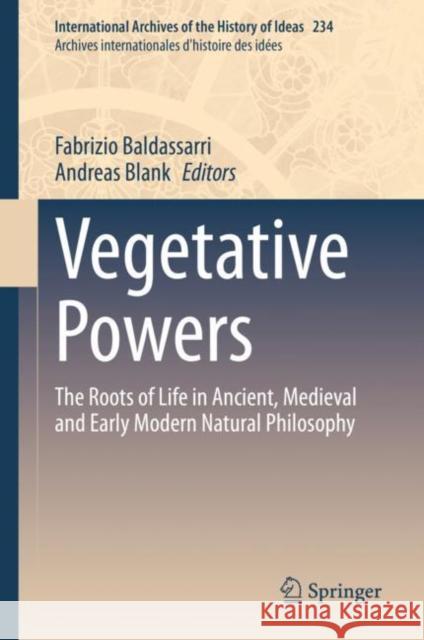Vegetative Powers: The Roots of Life in Ancient, Medieval and Early Modern Natural Philosophy » książka
topmenu
Vegetative Powers: The Roots of Life in Ancient, Medieval and Early Modern Natural Philosophy
ISBN-13: 9783030697082 / Angielski / Twarda / 2021 / 459 str.
Kategorie BISAC:
Wydawca:
Springer
Seria wydawnicza:
Język:
Angielski
ISBN-13:
9783030697082
Rok wydania:
2021
Wydanie:
2021
Numer serii:
000402016
Ilość stron:
459
Waga:
0.84 kg
Wymiary:
23.39 x 15.6 x 2.69
Oprawa:
Twarda
Wolumenów:
01
Dodatkowe informacje:
Wydanie ilustrowane











